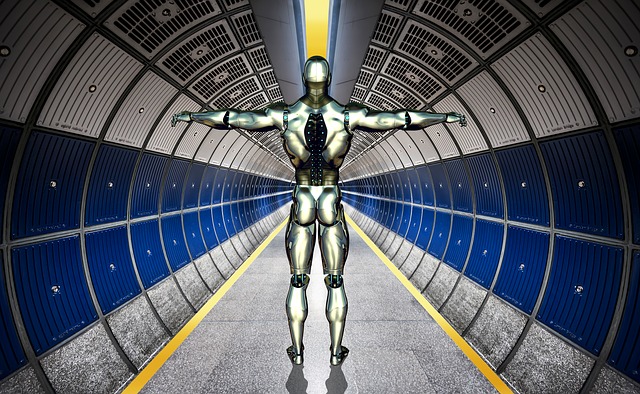
Artificial Intelligence (AI) keeps on exciting the world with its many uses and potentials.
Through deep learning (also called deep neural networks), we now have computers and robots which are capable of thinking independently like humans.
And this quality makes them even more efficient than us!
Image recognition, natural language processing, and machine translation may not be perfect yet. But, when it comes to data analysis, we know that computers are way, way faster and more precise than we are. We also, at times, miss details that computers are capable of finding.
In environmental science, the use of modern AI techniques is being encouraged to help scientists in their research, algorithm development activities, and endeavors in solving problems regarding meteorology and related disciplines. In the study of climate alone, data have become so voluminous forcing researchers to turn to AI to make analytical work easier and faster.
But, it’s still far in the future before AI can take over the job of climatologists. Climatology as a science is still too complex to be totally taken over by a machine. We still want humans out there to interpret climate and weather for us from a human’s point of view.
But, robots and AI have already taken over many other jobs.
This displacement of human workers is an issue that’s been causing a stir in many parts of the world.
The World Economic Forum predicted that robotic automation will result in the net loss of more than 5 million jobs across 15 developed nations by 2020, according to its recent report.
The International Labor Organization has also stated that as many as 137 million workers across Indonesia, Thailand, Cambodia, Indonesia, the Philippines, and Vietnam are at risk of being displaced by robots. And this number represents approximately 56% of the total workforce of said Asian nations.
As technology advances, it seems inevitable that many of us will find ourselves jobless — replaced by “more intelligent and more competent” robots and AI.
What else is there to do?
Well, let those machines share the same burden that we workers have long been carrying on our shoulders: TAX.
In California, there’s a move to compel the government to impose robot tax. Jane Kim, a supervisor in San Francisco, is leading a campaign called the Jobs of the Future Fund. Kim sees the need for a statewide “payroll” tax on job-stealing machines. Proceeds from the robot tax could be used in free community college, work retraining, or a universal basic income — to make it easier for humans to accept the reality of a robot- and AI-dominated world.
It was Bill Gates who inspired Kim to pursue this course, and she’s been seeking the involvement of various stakeholders to realize her objective.
But there are a number of issues which need to be resolved. To be able to impose a robot tax, you must have a clear definition of a robot. AI is not automatically a robot. And even roboticists can’t agree among themselves what a robot really is.
“We’re still working on what defines a robot and what defines job displacement,” Kim relates. “And so announcing the opening of the campaign committee is going to also allow us to have discussions throughout the state in terms of what the actual measure would look like.”
While public forum is being pursued for the imposition of robot tax or whatever form of tax may be appropriate, some people don’t believe that robots and AI are pushing a large percentage of the human population out of work. These technologies, according to them, are intended to augment human intelligence and skills.
Rob High, IBM Watson’s Vice President and Chief Technology Officer, in an interview with PC Mag, maintained that AI is just another human tool that amplifies human thinking and strengths: “If you look at almost every other tool that has ever been created, our tools tend to be most valuable when they’re amplifying us, when they’re extending our reach, when they’re increasing our strength, when they’re allowing us to do things that we can’t do by ourselves as human beings.”
Nonetheless, anxiety cannot be easily erased. Making a living is already difficult to so many people around the world. Hunger is killing millions. Countless people are homeless. The rate of unemployment for industrialized countries is up to 12 per cent, while combined unemployment and underemployment in non-industrialized countries is up to 30 per cent.
Technology should have been about uplifting the quality of life. But it’s the businesses which are getting richer, and the poor are getting more and more deprived.


Leave a Reply